Where the goose is getting fat – naturally
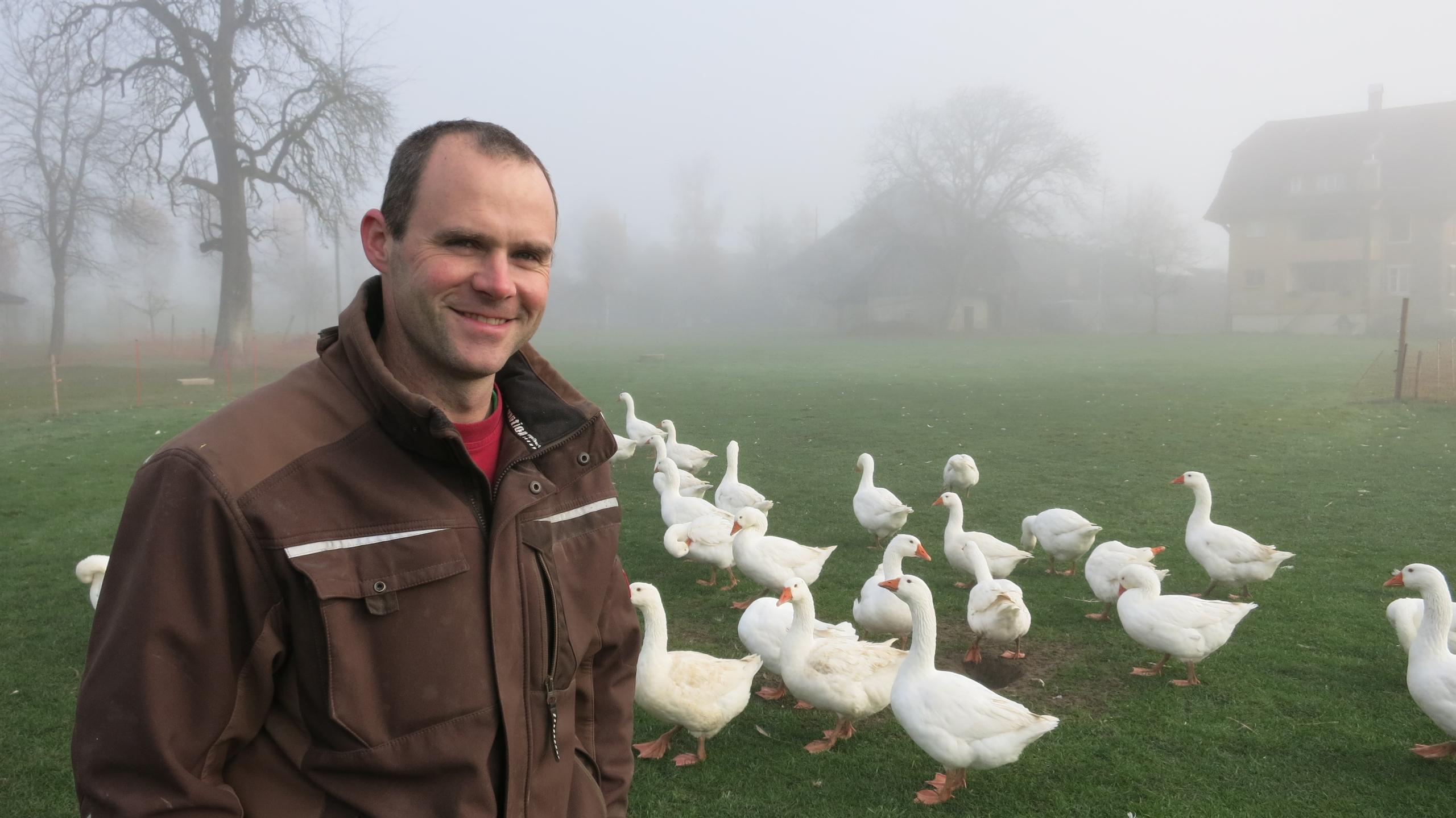
A programme promoting free-range geese could make roast goose – a popular dish elsewhere in Europe – a more common Christmas meal in Switzerland.
A honking noise penetrates the morning fog in the Lucerne countryside – not an impatient driver, but a gaggle of geese. One of them has found an apple, and it’s causing some excitement at the Schulerhof farm in in the village of Grosswangen.
The animals are part of a free-range programme promising better lives for them, and better meat for consumers. Farmer Beat Wüest, a cheerful man with three school-age children, chuckles while observing his big white birds.
“There’s always something going on when they’re outside – always something to see,” Wüest tells swissinfo.ch. This is his second year raising geese, and he’s had to improvise somewhat. The drinking troughs are made of sturdy plastic pipes, and there are wooden ramps leading to miniature swimming pools. But while the troughs are popular, the pools are seldom used.
“For some reason only a couple of them ever go for a dip there; they seem to prefer the little wading pools,” says Wüest, noting that they’re supposed to have water available for swimming and preening. That’s one of the requirements for farms that raise free-range geese under the weidegans.chExternal link label – a name that translates into “meadow goose”.
Good for goose and gander
Animal-friendly husbandry was a key part of the planning behind weidegans.ch – a feature that distinguishes this meat from geese raised in potentially problematic conditions abroad.
“Otherwise it would be difficult to ensure that consumers are willing to pay a premium,” explains Benno Jungo, president of the Weidegans.ch association, which recommends that its farmers charge CHF35 ($34) per kilo. In comparison, a goose raised indoors in Germany costs as little as CHF14 per kilo.
The project started while Jungo and two colleagues were studying at the University of Bern School of Agricultural, Forest and Food SciencesExternal link.
“From the beginning it was clear that this should continue after our studies,” says Jungo. More than 40 farms are now members of the weidegans.ch association, and several people have joined Jungo and his colleagues on the board.
Wüest recalls reading about it in a newspaper, but he didn’t sign up until a potential customer suggested he try it. Now he’s fattened up a second gaggle of 80 geese. The first month is the most intense as the newly-hatched goslings need to stay in the warm barn.
Jungo points out: “Although geese are relatively easy-care livestock, you could raise them much more intensively through factory farming. The fattening period is shortened to save on feed, which can save money. However, we reject this style of farming!”
The free-range geese feed mainly on grass, but Wüest gives them some cereal in the evening to lure them into the barn for overnight safekeeping. Otherwise they might fall prey to foxes.
Their meat is meant to be tastier and less fatty than that of their factory-farmed cousins. It may cost more, but Wüest says price hasn’t been an issue among his customers. Rather, the challenge is that Swiss consumers aren’t so familiar with goose meat.
“Last year a lot of people tried it out of curiosity, and some have come back, but not everyone. Yet in the meantime the word’s gotten round, so we haven’t had to do any advertising,” Wüest says.
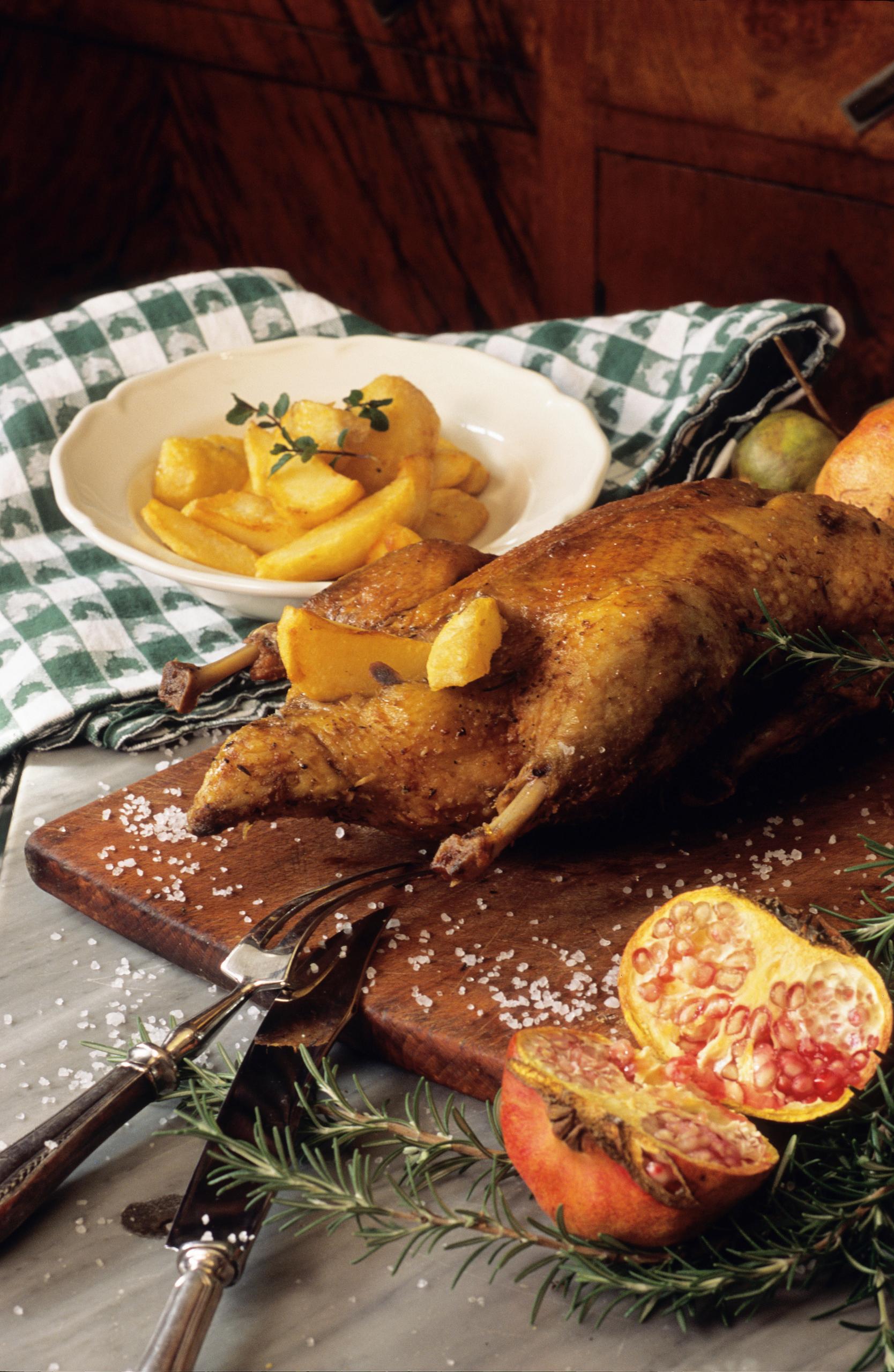
More
Giving geese a chance
A lot more chicken
In 2013, 1,110 weidegans.ch geese were sold; last year it was 2,100. At Christmas, there is no single preferred dish in Switzerland. However, at all times of the year, chicken is very popular. Swiss farms raised nearly 6.7 million chickens for meat last year, and another 2.5 million for eggs. Conditions for chickens are generally better in Switzerland compared to other countries. For example, cage-rearing and beak-trimming are forbidden, and a certain amount of straw is required for those living in barns.
In the weidegans.ch programme, participating farms sign an agreement to adhere to the label’s guidelines, but the association doesn’t have the manpower to conduct inspections.
“An animal protection label is credible only if there are inspections,” Swiss Animal ProtectionExternal link CEO Hansuli Huber told swissinfo.ch. But he noted that weidegans.ch is still a start-up. “Once the scope is larger and a major retailer backs them, then farm visits will be possible from both the organisational and financial standpoints.”
Some animal lovers are wary of an annual tradition celebrating the fact that the geese have gotten fat. Every November 11 (Saint Martin’s Day), the Gansabhauet – “cutting down the goose” in Swiss-German – involves decapitating dead geese via a series of sabre blows in the old town of Sursee. A brutal custom, despite the fact that the birds are already dead?
“The first time I saw it that was my impression,” said Sursee city archivist Michael Blatter. “But I think if you grow up with it, you know how the custom works and what it’s about. Whoever wins the goose can take it home and feast with friends, and quite a few people are eager to have a chance themselves.”
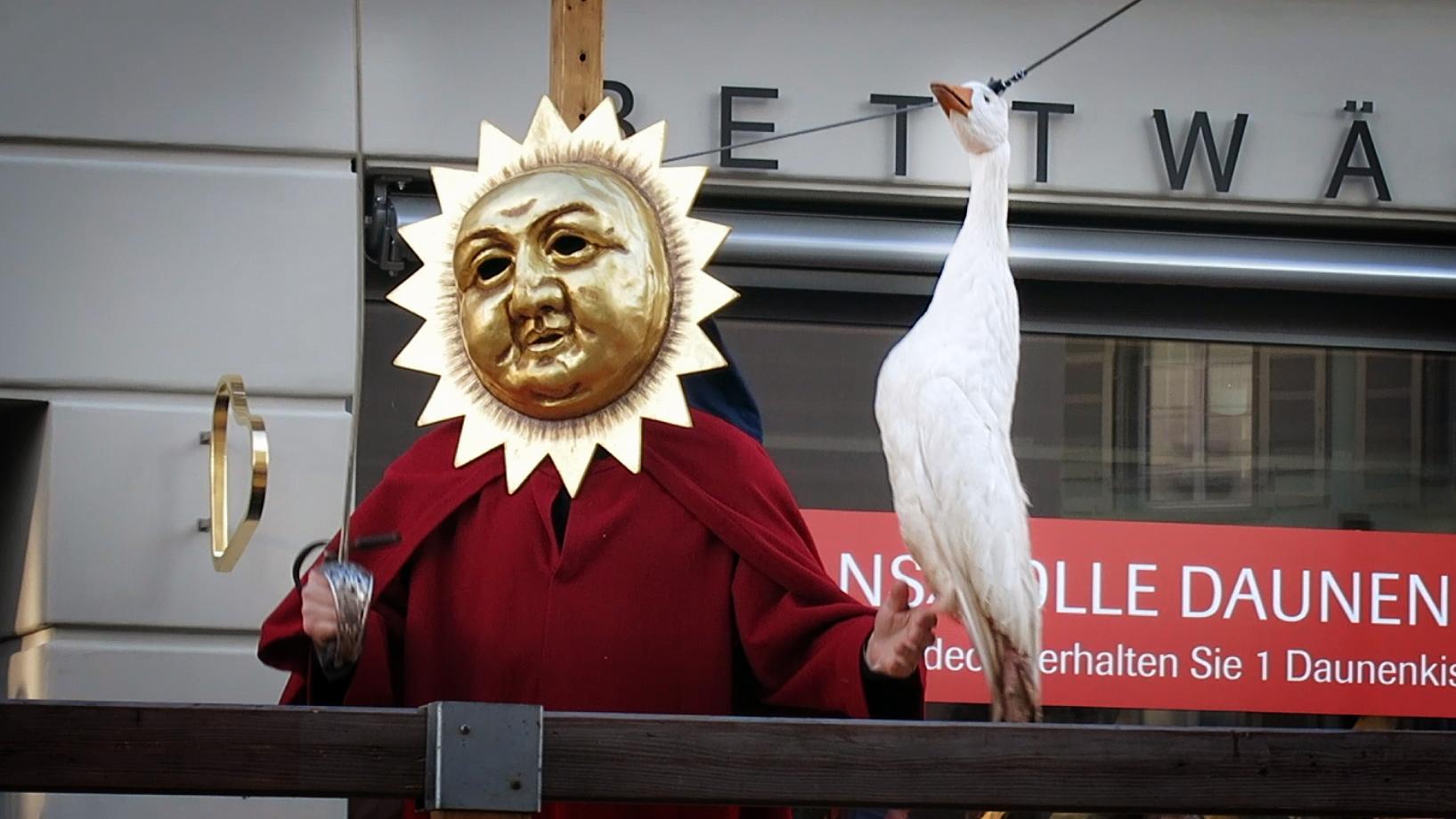
More
Cutting the goose loose

In compliance with the JTI standards
More: SWI swissinfo.ch certified by the Journalism Trust Initiative

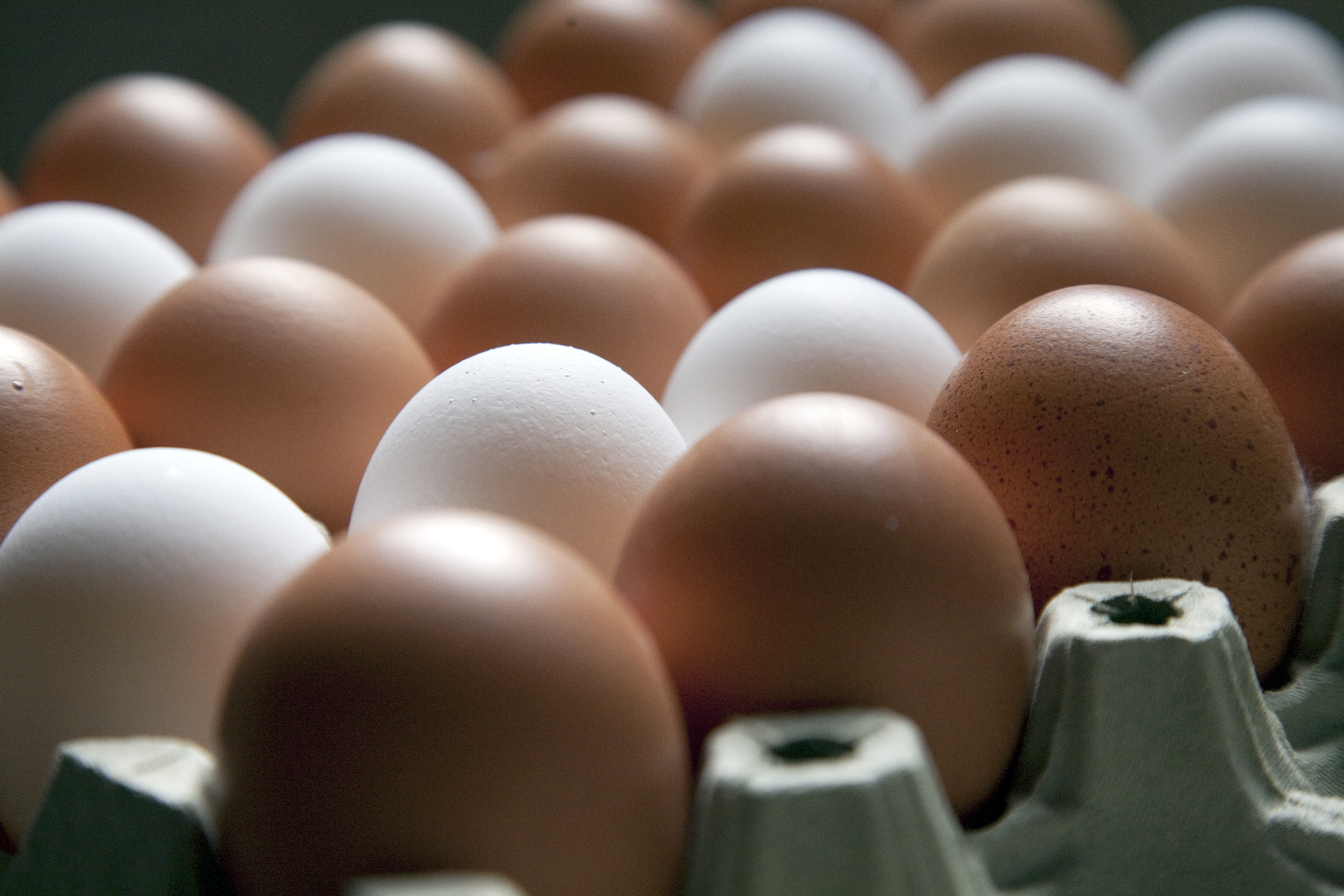
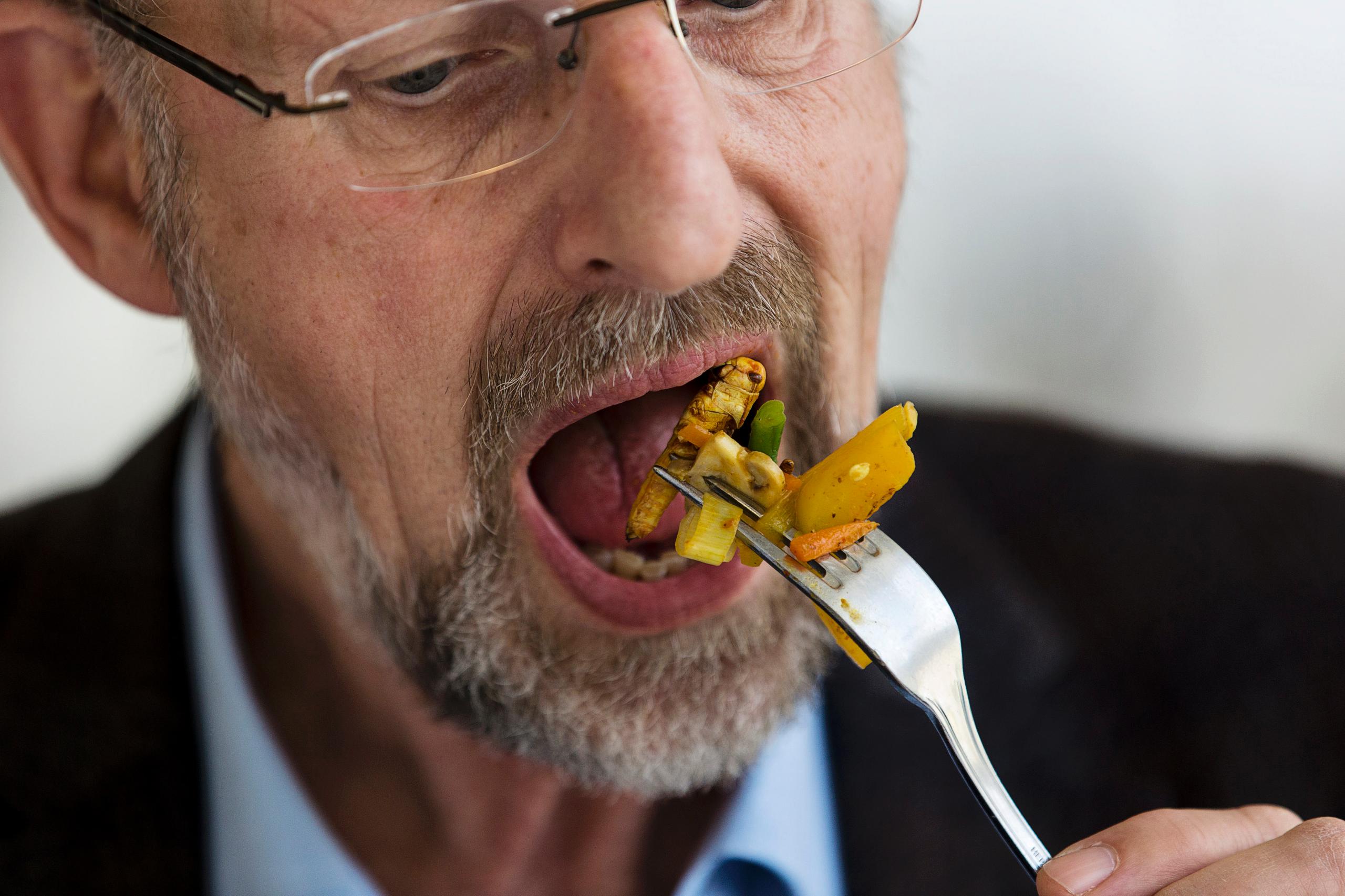
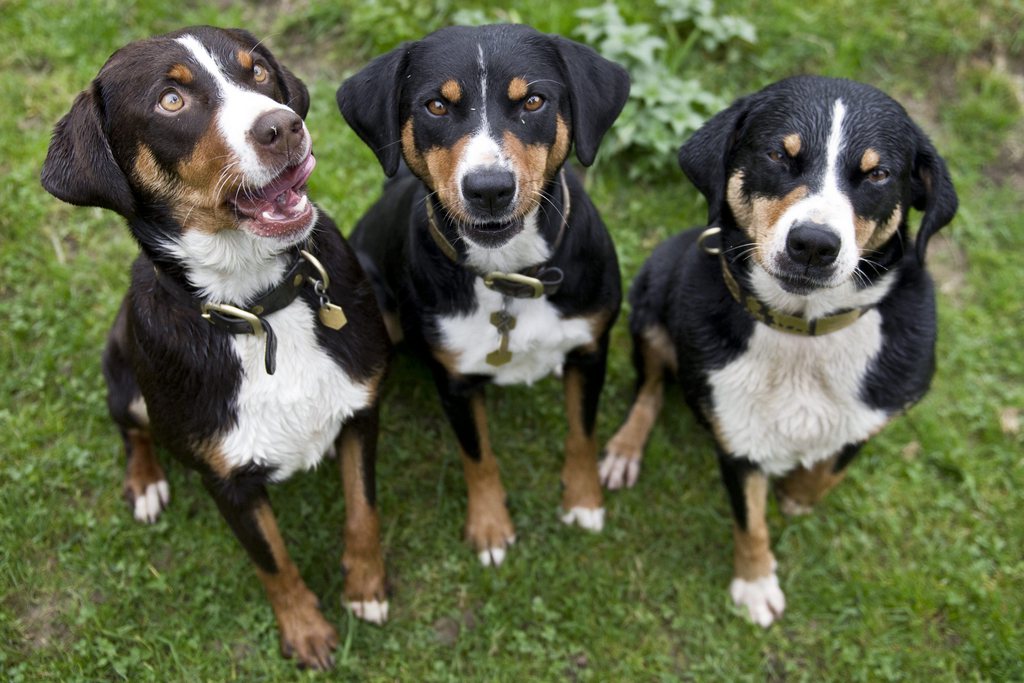

You can find an overview of ongoing debates with our journalists here . Please join us!
If you want to start a conversation about a topic raised in this article or want to report factual errors, email us at english@swissinfo.ch.